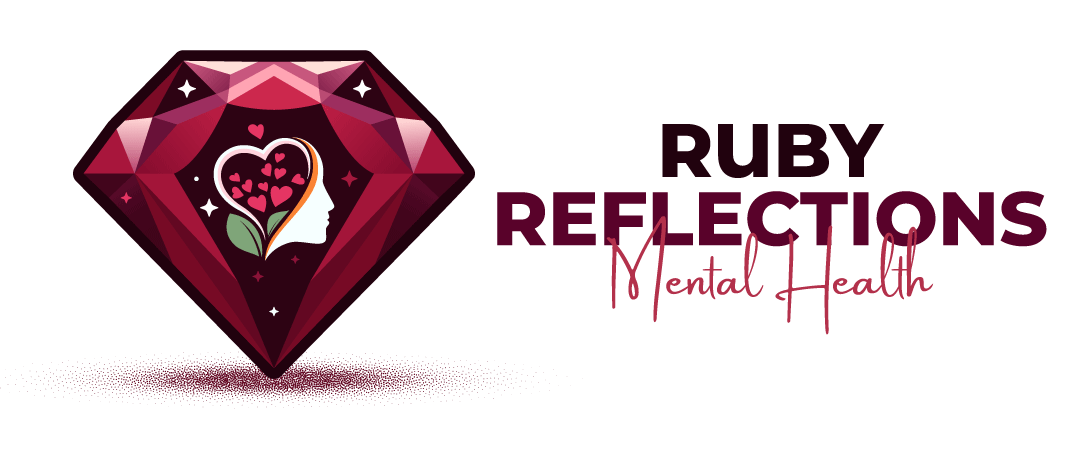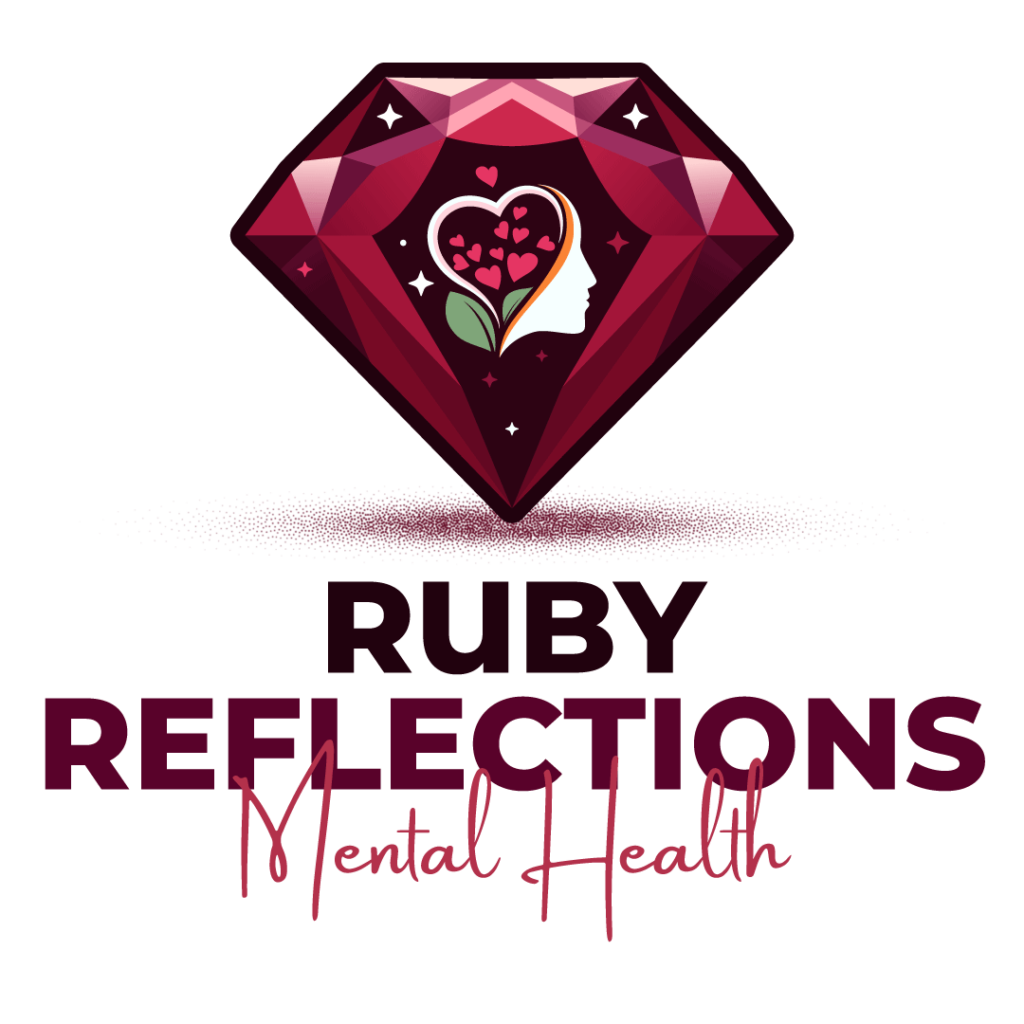Attention-Deficit/Hyperactivity Disorder (ADHD)
Definition
Attention-Deficit/Hyperactivity Disorder (ADHD) is a neurodevelopmental disorder characterized by persistent patterns of inattention and/or hyperactivity-impulsivity that interfere with functioning or development. ADHD typically manifests in childhood and can continue into adulthood. It affects various aspects of life, including academic performance, work responsibilities, and interpersonal relationships.

Symptoms
ADHD symptoms are divided into two main categories: inattention and hyperactivity-impulsivity.
Inattention
● Lack of Attention to Detail: Frequently makes careless mistakes in schoolwork, work, or other activities.
● Difficulty Sustaining Attention: Has trouble keeping focus on tasks or play activities.
● Not Listening: Often seems not to listen when spoken to directly.
● Avoiding Tasks: Avoids, dislikes, or is reluctant to engage in tasks that require sustained mental effort, such as homework.
● Disorganization: Often has difficulty organizing tasks and activities.
● Losing Items: Frequently loses items necessary for tasks and activities (e.g., toys, assignments, tools).
● Easily Distracted: Is easily distracted by extraneous stimuli.
● Forgetfulness: Is often forgetful in daily activities.
Hyperactivity-Impulsivity
● Fidgeting: Often fidgets with or taps hands or feet, or squirms in seat.
● Inability to Stay Seated: Has difficulty remaining seated in situations where it is expected.
● Running or Climbing: Runs about or climbs in situations where it is inappropriate.
● Inability to Play Quietly: Unable to play or engage in leisure activities quietly.
● "On the Go": Is often "on the go," acting as if "driven by a motor."
● Excessive Talking: Talks excessively.
● Blurting Out Answers: Blurts out answers before questions have been completed.
● Difficulty Waiting Turn: Has difficulty waiting for their turn.
● Interrupting: Often interrupts or intrudes on others (e.g., butts into conversations or games).
How We Can Help
Supporting individuals with ADHD involves a combination of strategies tailored to their unique needs. Here are some personalized ways we can help:
Behavioral Interventions
● Behavioral Therapy: Engaging in cognitive-behavioral therapy (CBT) to develop coping mechanisms, improve focus, and enhance self-control. CBT helps in identifying negative thought patterns and replacing them with positive ones.
● Parent Training: Educating parents on effective management techniques such as using positive reinforcement, setting clear expectations, and maintaining a structured environment at home.
● Organizational Skills Training: Teaching skills to organize tasks, manage time efficiently, and complete assignments. This includes using planners, checklists, and other organizational tools.
Educational Accommodations
● Individualized Education Plan (IEP): Working with educators to develop personalized learning plans that address the child's specific needs, ensuring they receive the necessary support in the classroom.
● Classroom Adjustments: Implementing strategies such as providing a distraction-free environment, allowing additional time for tests and assignments, and incorporating break periods during long tasks to help maintain focus.
● Tutoring and Support: Offering additional academic support through tutoring sessions or resource rooms where students can receive one-on-one assistance.
Lifestyle and Home Strategies
● Consistent Routine: Establishing a daily routine that provides structure and predictability. Consistent routines help reduce anxiety and improve time management skills.
● Healthy Diet and Exercise: Encouraging a balanced diet rich in fruits, vegetables, and whole grains, along with regular physical activity. Exercise can help improve concentration, reduce hyperactivity, and boost overall well-being.
● Positive Reinforcement: Using rewards and praise to encourage desired behaviors. Celebrating small achievements and milestones can boost confidence and motivation.
Additional Support Strategies
● Mindfulness and Relaxation Techniques: Introducing mindfulness practices such as meditation, deep breathing exercises, and yoga to help manage stress and increase focus.
● Limit Screen Time: Reducing screen time, especially before bedtime, to ensure better sleep quality and reduce hyperactivity.
● Encouraging Hobbies and Interests: Helping individuals explore hobbies and interests that can channel their energy productively and provide a sense of accomplishment.
Reach Out
If you're going through a tough time with your mental health and thinking about ADHD, please reach out to us.
Many people have found relief and improved their mental health through appropriate medication management.
Don't hesitate to get in touch if you have questions or if you're ready to learn more about medication management as part of your treatment.

Contact
- 469-250-1544
- 347-378-3144
- info@rubyreflectionsmh.com
- Valley Stream, New York, 11581
- Monday- Saturday (0800-2100)
- Sunday (closed)
Copyright © 2024 Ruby Reflections. – Psychiatric Evaluation. All Rights Reserved.


